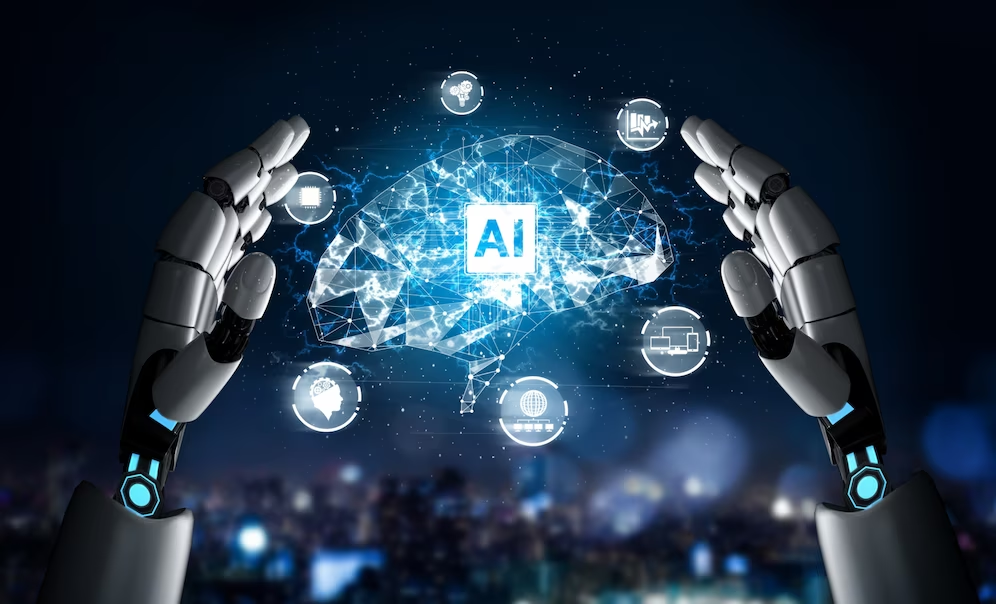The world of software development is on the brink of a revolution, thanks to the integration of AI for beta testing analytics. As we venture into this new era, it’s crucial to understand how AI is transforming the landscape of beta testing, offering unprecedented insights and efficiency. In this article, we will delve into the intricacies of AI-driven analytics and explore how it’s shaping the future of quality assurance in the software industry.

Understanding Beta Testing Analytics
Beta testing is a critical phase in the software development lifecycle. It involves real users testing the product in a real environment before it is officially launched. The primary goal is to identify any bugs or issues that developers might have missed during earlier testing phases. However, traditional beta testing methods can be time-consuming and often lack depth in analysis.
This is where AI comes into play. By leveraging AI for automated QA metrics tracking, testers can streamline the process and gain deeper insights into user interactions, improving the overall quality of the product.
The Role of AI in Enhancing Accuracy
AI technologies can process vast amounts of data quickly and accurately. In beta testing, this capability is invaluable. AI algorithms can detect patterns and anomalies in user behavior that human testers might overlook. This leads to more accurate identification of issues, ultimately resulting in a more robust product.
Moreover, using AI in agile testing allows for continuous improvement, ensuring that the software evolves with user expectations and technological advancements.
Benefits of Using AI in Beta Testing
- Efficiency: AI-powered analytics significantly reduce the time and resources required for beta testing.
- Accuracy: Enhanced accuracy in identifying bugs and user behavior patterns.
- Scalability: Easily scalable, accommodating growing user bases and complex software environments.
Challenges and Solutions
While the integration of AI in beta testing offers numerous benefits, it also presents some challenges. These include data privacy concerns, the complexity of AI algorithms, and the need for skilled personnel to manage and interpret AI-generated insights.
To address these challenges, companies can invest in training their teams in AI technologies and ensure transparent data policies that respect user privacy. Moreover, collaborating with experts in machine learning can facilitate a smoother transition to AI-driven beta testing.
Real-world Applications of AI in Beta Testing
Several companies have already begun implementing AI in their beta testing processes with impressive results. For instance, some firms are using AI to predict potential software failures before they occur, saving time and money in the long run. Others employ AI to automatically classify user feedback, prioritizing issues that need immediate attention.
Case Studies
Let’s look at a few case studies highlighting the impact of AI on beta testing. A leading tech company implemented AI to analyze user data and was able to reduce product launch delays by 30%. Another startup used AI-based exploratory testing to enhance their product’s user experience significantly.
Future of AI in Beta Testing
As AI technologies continue to evolve, their role in beta testing will only grow more significant. We can anticipate more advanced tools and techniques that will further streamline and improve the testing process.
In conclusion, the integration of AI for beta testing analytics represents a paradigm shift in software development. Embracing this technology not only enhances product quality but also aligns with the evolving demands of the digital age. By staying informed and adaptive, companies can harness AI’s full potential, paving the way for innovative and user-centric software products.

FAQ
Q1: How does AI improve beta testing accuracy? A1: AI improves accuracy by rapidly analyzing large datasets to detect patterns and anomalies that human testers might miss, ensuring more precise bug identification.
Q2: What are the potential challenges of using AI in beta testing? A2: Challenges include data privacy concerns, complex algorithms, and the need for skilled personnel, which can be mitigated through training and transparent policies.
Q3: How can companies transition to AI-driven beta testing? A3: Companies can facilitate the transition by investing in AI training, collaborating with machine learning experts, and maintaining clear data privacy policies.
To learn more about AI’s role in enhancing software testing processes, you can explore this informative report.
This article contains affiliate links. We may earn a commission at no extra cost to you.

